Newsletter
Don't miss a thing!
We regularly provide you with the most important news, articles, topics, projects and ideas for One World – No Hunger.
Newsletter
Don't miss a thing!
We regularly provide you with the most important news, articles, topics, projects and ideas for One World – No Hunger.
Please also refer to our data protection declaration.
Germany joins the international Agroecology Coalition, reinforcing its commitment to fair, sustainable agriculture and ensuring the future viability of rural areas. By adopting a holistic approach, agroecology is helping to address the greatest challenges of our time: protecting the climate, combating hunger and preserving biodiversity.

Two of Germany’s Federal Ministries – the Ministry for Economic Cooperation and Development (BMZ) and the Ministry of Food and Agriculture (BMEL) – joined the Agroecology Coalition together at the ‘Policies against Hunger’ conference held in Berlin on 27 and 28 June 2023. The Coalition was established in 2021 at the World Food Summit with the aim of transforming global agriculture and food systems. Current methods have failed to provide enough healthy food for the global population and to protect the environment and climate.
In fact, agriculture has become one of the main contributors to climate change and is responsible for deforestation, loss of biodiversity and soil degradation. Without a fundamental transformation of the entire system, the number of people going hungry will remain high at around 800 million, healthcare costs will rise due to malnutrition, land will continue to be degraded and water will become even scarcer.
One way to counteract this existential threat is agroecology. Agroecology aims to transform food systems by deliberately pursuing a holistic, socially and ecologically sound approach to counteracting the exploitation of land, the environment and people.
Agroecology and organic farming are often wrongly regarded as the same thing. Although many aspects of the two overlap and environmentally friendly agriculture using natural fertilisers, efficient water use, crop rotation, avoidance of pesticides and so on are central to both, agroecology goes far beyond agricultural practices. Various measures come together to ensure future prospects and equality for farmers. As a systemic approach, agroecology also alters the framework conditions, ensuring, for example, fair access to land and water – particularly for groups that are currently disadvantaged. Agroecology promotes biodiversity in farming, on-site product processing and distribution through local or direct sales channels. This benefits women, young people and indigenous groups in particular, boosting their economic status through additional income. These multifaceted farming systems preserve local food cultures and facilitate a healthy, varied diet
Agroecology therefore stands for diversity on many levels – ecological, social and economic – and not least because it protects the environment, involves poorer population groups and diversifies income sources in rural regions.
The application of agroecological principles thus improves the structure of the soil, ensures balanced water management and increases carbon storage. Agroecology can also be regarded as a social movement that promotes women and young people, supports smallholder farmers, helps to boost their productivity and rights, and opens direct sales channels between producers and consumers. The UN World Food Council laid down 13 principles and policy recommendations in 2019, outlining what agroecology is.
By joining the Coalition, which now counts 44 countries and 100 organisations among its members, Germany is underscoring its support for this future-focused approach. The BMZ has been significantly expanding its commitment and has supported more than 60 agroecology projects since 2014. An initiative in India has become a beacon among such projects. Although the green revolution has lifted millions out of hunger and poverty in recent decades, the widespread use of chemical fertilisers in India has also created dependencies and leached the soil, up to 40 percent of which is degraded.

Read more Resilient small-scale agriculture: A key in global crises

Read more One Health – What we are learning from the Corona crisis

Read more The hype about urban gardening: farmers or hobby gardeners?


Read more The North bears the responsibility, the South bears the burden
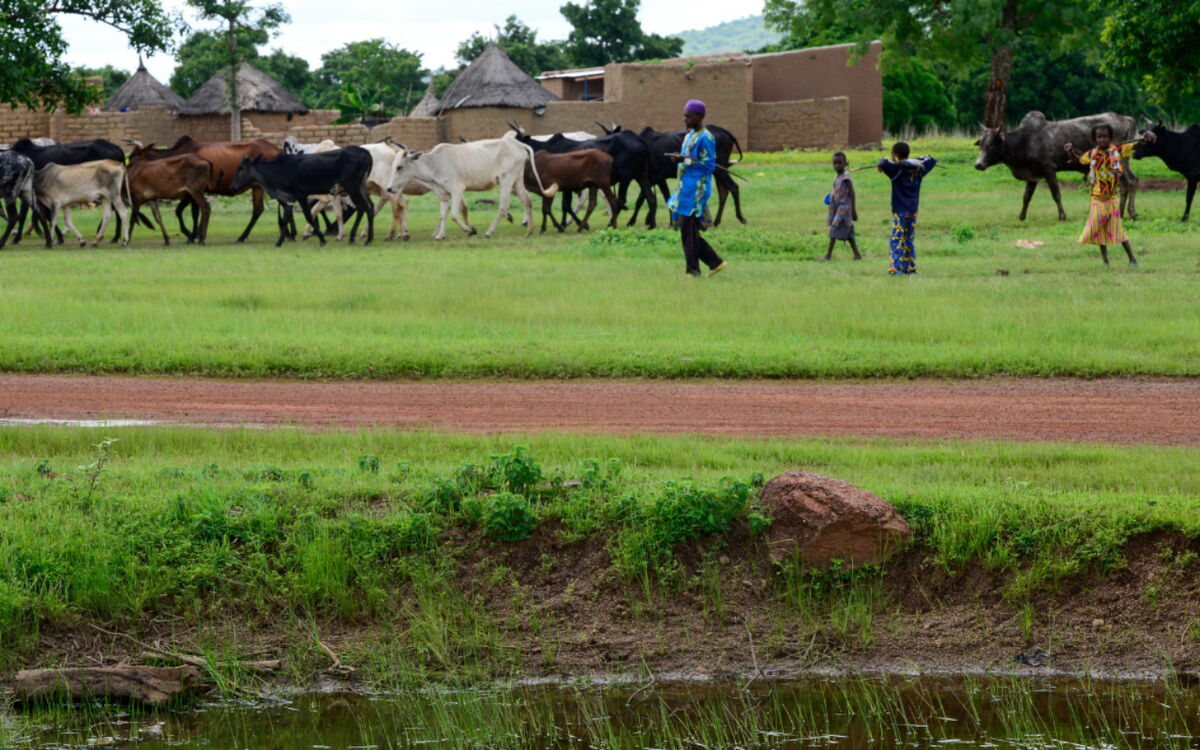
Read more Biodiversity and agriculture – rivalry or a new friendship?

Read more Food System Transformation Starts and Ends with Diversity

Read more Engaging the Community to Solve the Bushmeat Crisis

Read more How to Enhance Soil Organic Carbon – Uniting Traditional and Innovative Practices

Read more Building climate-resilient and equitable food systems: Why we need agroecology

Read more Why biodiversity is important for climate protection & food security - and vice versa

Read more Adapted financial services – a key to transformation
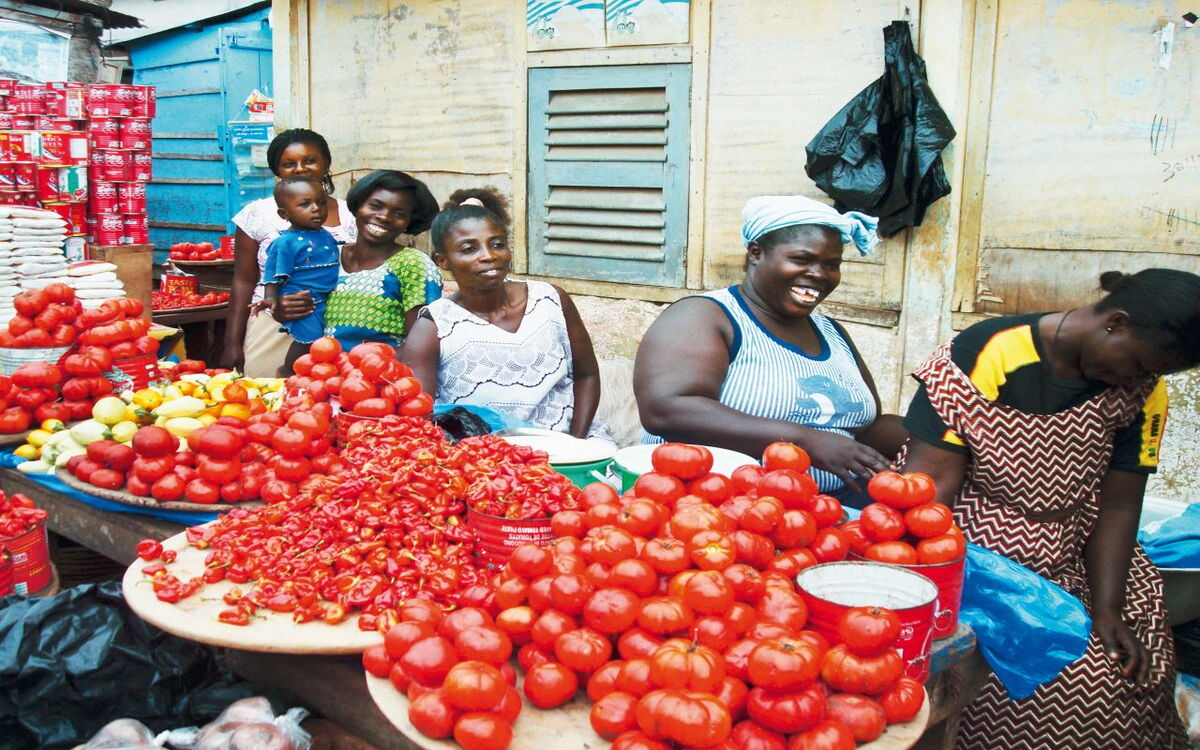
Read more Small-scale farmers’ responses to COVID-19 related restrictions


Read more The state of food security in Cape Town and St. Helena Bay


Read more Planetary Health: Recommendations for a Post-Pandemic World

Read more How Can We Feed The World in Times of Climate Change?

Read more A Climate of Hunger: How the Climate Crisis Fuels the Hunger

Read more World Soil Conference ends with resolutions on drought management and land restoration
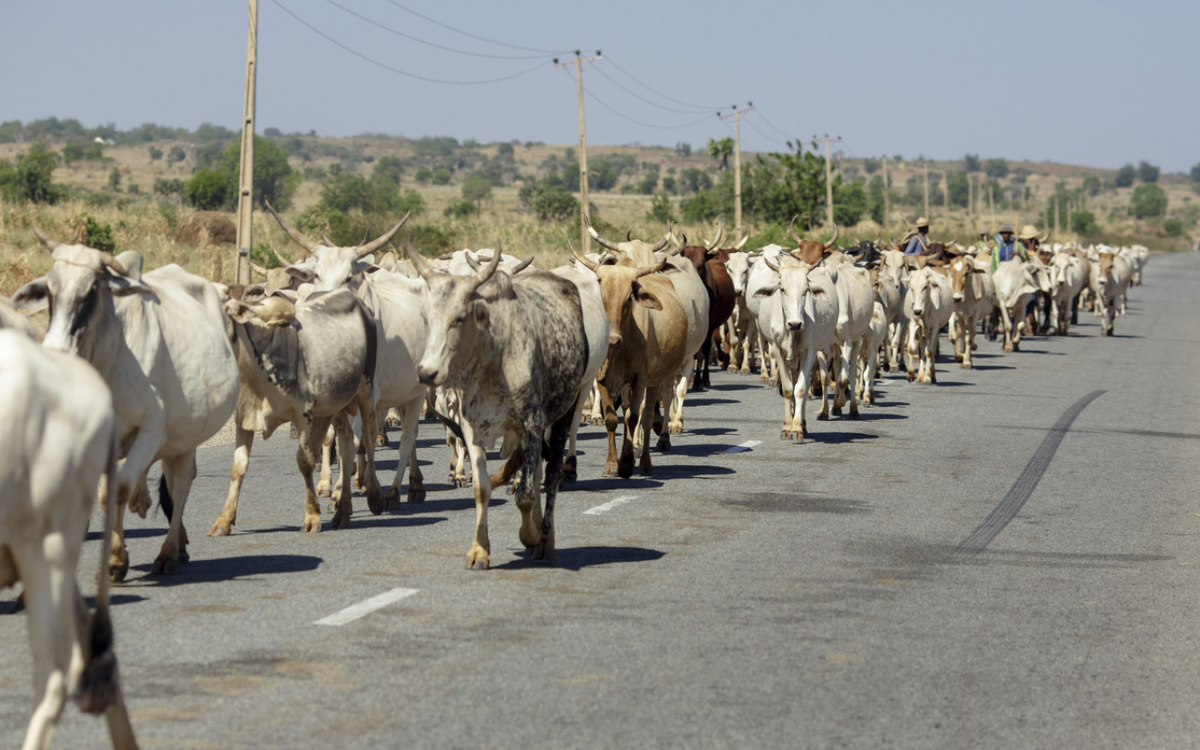
Read more Our Food Systems are in Urgent Need of Crisis-Proofing: what needs to be done
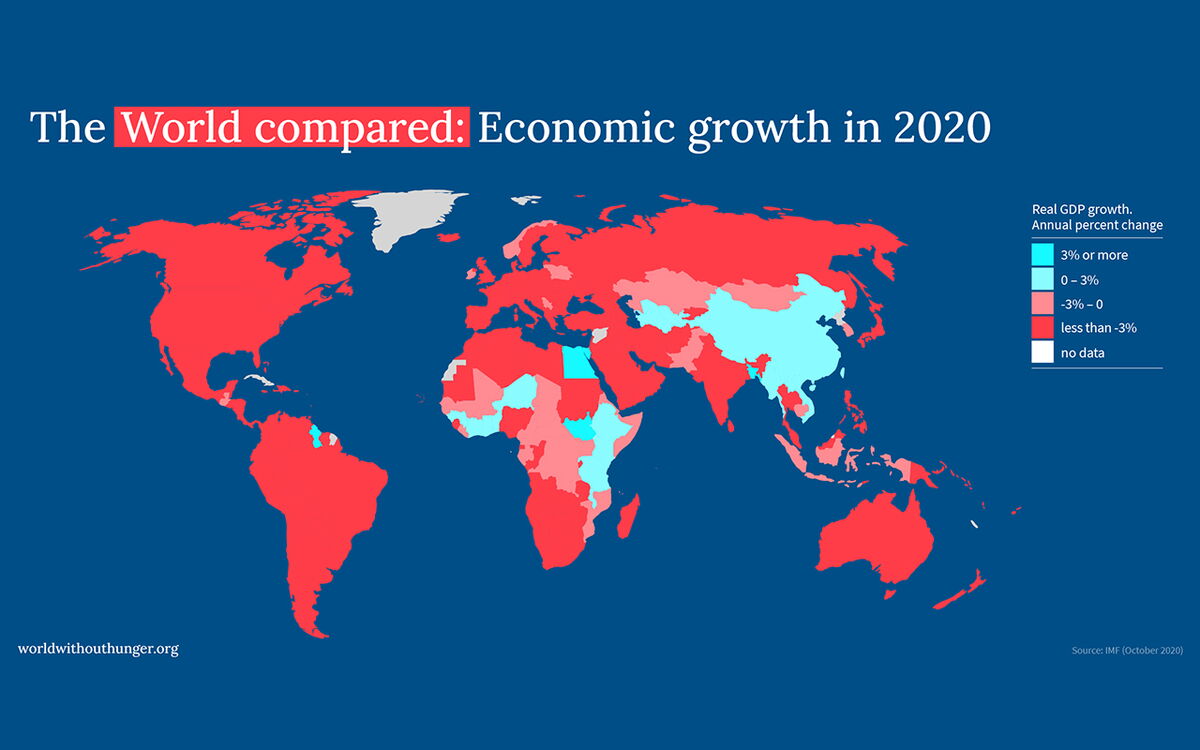
Read more 5 Questions for Jann Lay: What is Corona doing to the economy?
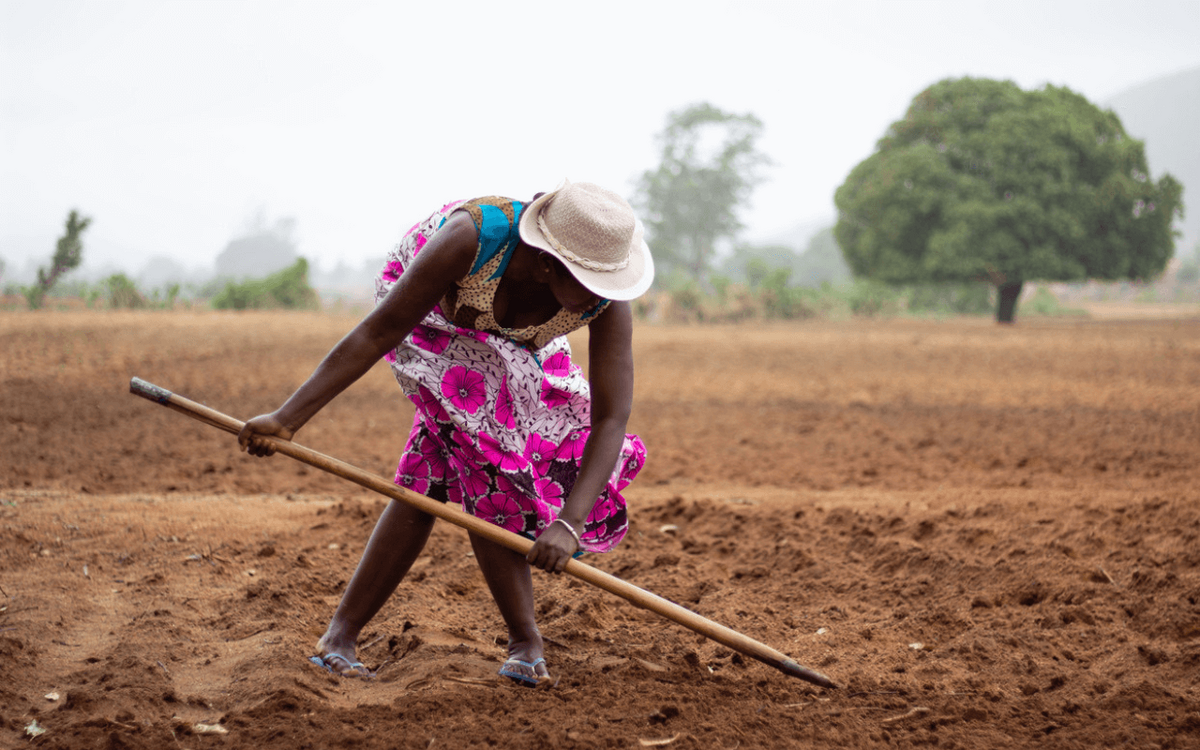
Read more Farmers' organizations want to be involved in designing agricultural policy
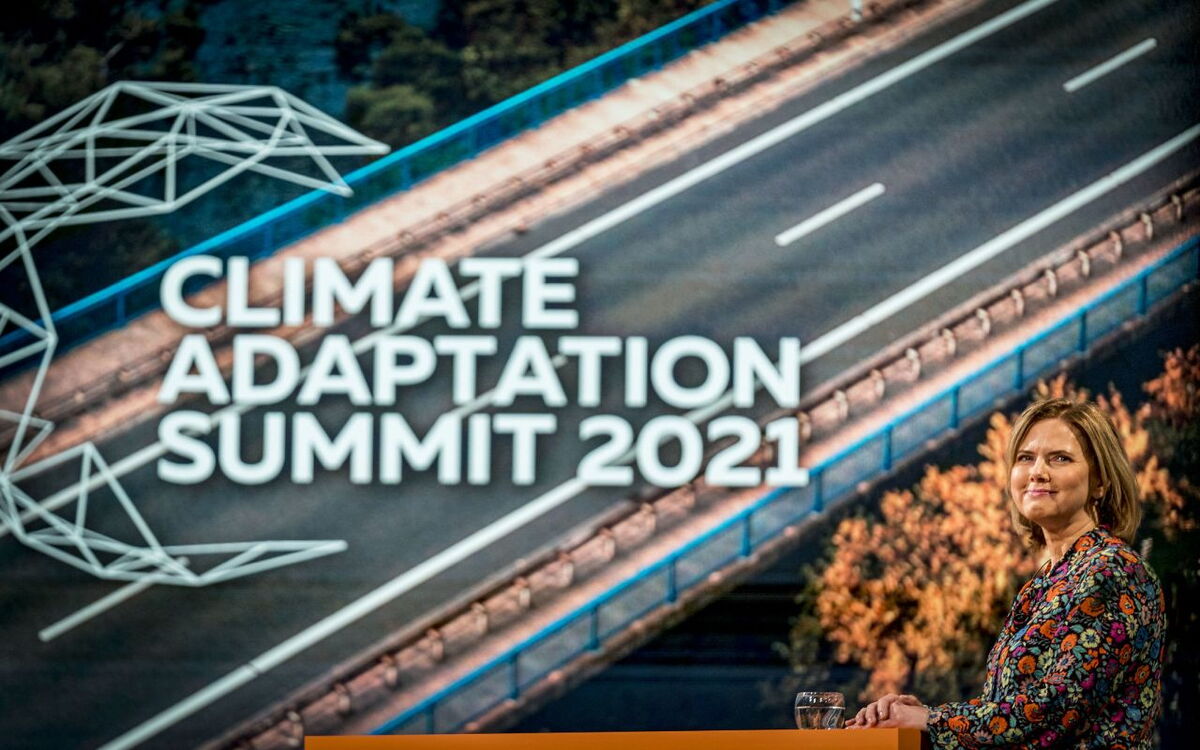
Read more Climate Adaptation Summit 2021: ‘We can do better’

Read more Mr. Samimi, what is environmental change doing to Africa?

Read more Ms Rudloff, what are the benefits of a supply chain law?

Read more Freed from trade? Towards a fairer EU Trade Agenda

Read more What do you expect from this Pre Summit, Mr. Haddad?

Read more Mr. Campari, how do we create sustainable food systems?

Read more Mr. Marí, what happened at the alternative summit?
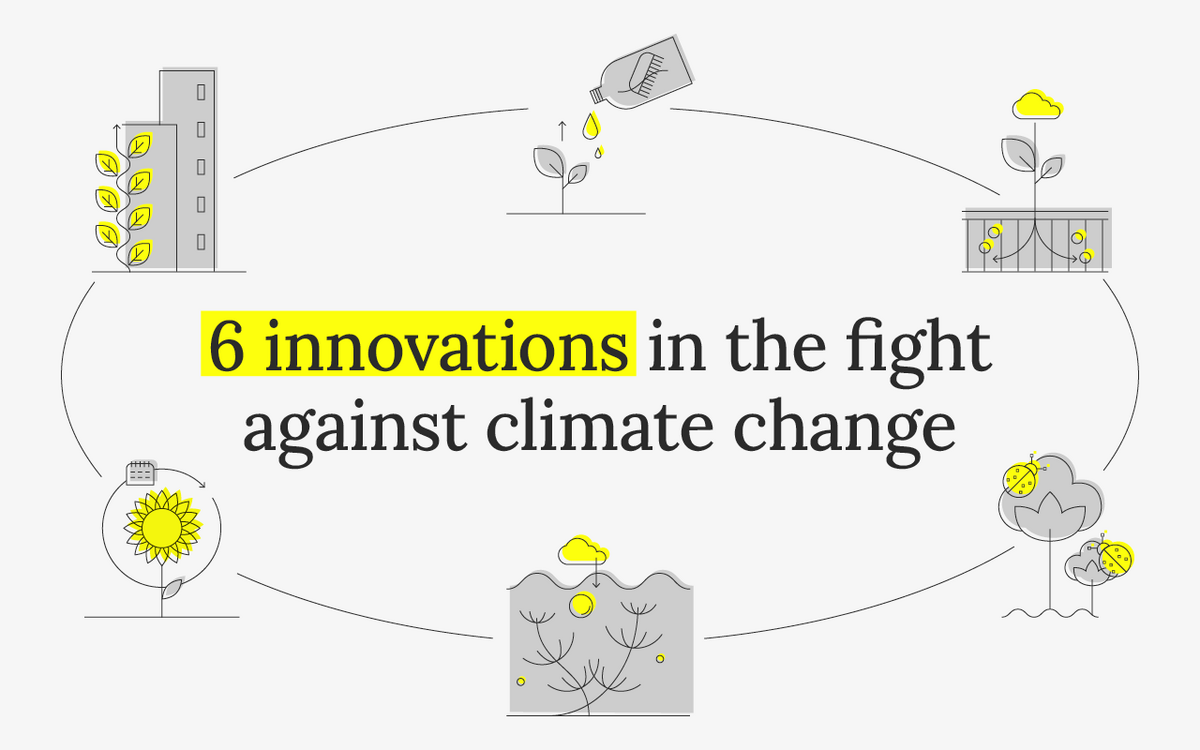
Read more City, Country, Sea: 6 Innovations in the Fight Against Climate Change

Read more ‘None of the Three Traffic Light Coalition Parties is Close to the Paris Agreement’

Read more ‘Preserving and restoring fertile soils is a global responsibility.’

Read more Food security is more than production volumes and high yields

Read more Strengthening food markets across the rural-urban continuum
We use cookies on our website. Some of them are essential, while others help to improve your user experience. Your consent is voluntary and can be revoked at any time on the "Privacy" page.
Protects against cross-site request forgery attacks
Saves the current PHP session.
Content from third-party providers, such as YouTube, which collect data about usage. Third-party content embedded on this website will only be displayed to you if you expressly agree to this here.
We use Matomo analytics software, which collects anonymous data about website usage and functionality to improve our website and user experience.